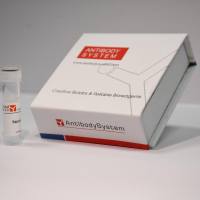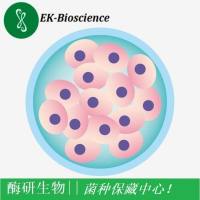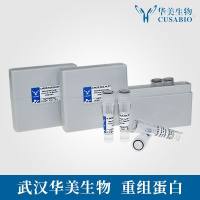In Vivo Models for the Study of Transplantation Tolerance
互联网
644
Experimental models of transplantation remain essential tools for the study of immunological tolerance. The immunological mechanisms resulting in acute allograft rejection may differ depending on the tissue transplanted and the antigenic mismatch between donor and recipient. Murine skin grafting is a model frequently used to study transplantation tolerance because it is readily learned and is not time consuming. Second grafts can be performed easily to confirm the induction of tolerance and its antigenic specificity. However, these grafts are strongly immunogenic and secondarily revascularized and may not, therefore, reproduce the conditions operating in clinical transplantation of primarily revascularized organs, such as the kidney and heart. Experimental rodent models of revascularized solid organ transplantation have been established, but given the technical skills required to perform them, are beyond the scope of this chapter. However, cellular transplants, including the use of islets, are of interest as they are being developed clinically and can be reproduced experimentally. Here, we describe the technique of renal subcapsular transplantation of pancreatic islets of Langerhans.








